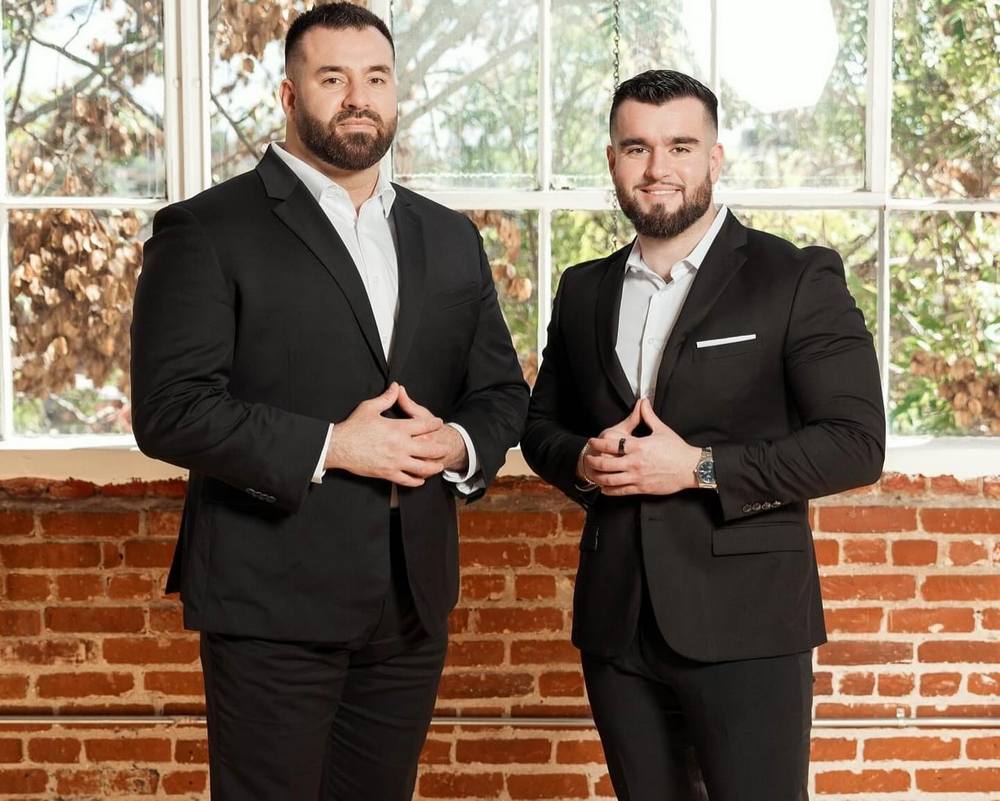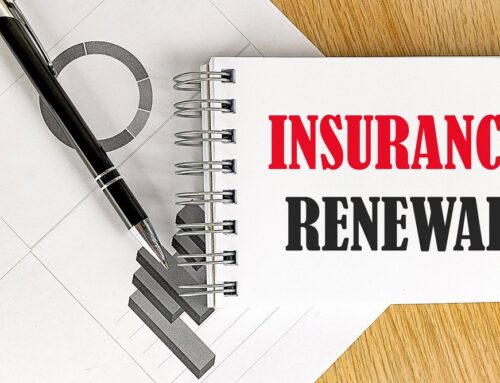
When your car ends up in a body shop after a crash, you still have to get to work, school, and everywhere else life takes you. The key question is whether your auto policy provides coverage for a rental car while repairs are being made. The answer usually depends on whether you have added rental reimbursement (sometimes referred to as transportation expense) to your policy and whether the loss is a covered claim under your policy. If you carry liability only, you typically won’t have rental benefits for your own vehicle after an at-fault accident; liability is designed to pay for other people’s injuries and property damage, not your transportation needs. If you also carry collision and comprehensive coverage, you can add rental reimbursement as an additional line item. It’s optional, inexpensive in most cases, and activated when a covered loss renders your vehicle inoperable. Even when the other driver is at fault, this coverage can save you headaches while their insurer accepts liability. Without it, you may have to wait days for approval or pay out of pocket and chase reimbursement. Your first step is to open your policy declarations and locate a section labeled “Rental Reimbursement,” “Transportation Expense,” or a similar heading. If you don’t see it, you can add it before you need it—never after the accident.
What Rental Reimbursement Actually Covers
Rental reimbursement helps cover the cost of a temporary vehicle when a covered claim renders your car unusable. You’ll see two numbers, such as $ 30 and $900. The first is the per-day limit (how much the insurer pays toward a rental each day), and the second is the per-occurrence cap (the total they’ll pay for that single claim). Some insurers express the total as several days, such as up to 30 days. Most policies allow you to rent a standard sedan; if you need a larger vehicle, you will be responsible for covering the additional cost above your daily limit. You can also use the benefit for alternate transportation in many policies—rideshare, taxis, or public transit—if that fits your life better. Please note that rental reimbursement is tied to the time spent on repairs or the total settlement time for the loss. If the shop waits for parts or the adjuster requires an additional estimate, the clock continues to run, and your benefit remains in effect until you reach your day or dollar limit. If your car is declared a total loss, the rental usually ends when you receive a settlement offer, not when you purchase a replacement. That timing matters, so plan to stretch your benefit if inventory is tight or you need time to shop.
How Insurers Approve and Pay for Rentals
Once you report the claim, ask your adjuster how to set up the rental. Many carriers have direct-bill agreements with national rental companies. With direct billing, the insurer pays the rental agency up to your daily and total limits; you cover only extras, such as fuel, tolls, or optional insurance from the rental company. If direct billing isn’t available near you, the insurer may ask you to pay upfront and submit receipts for reimbursement. Either way, reserve a vehicle class that fits your limit. If your policy pays $40 per day and you select an SUV at $70, you’ll pay the $30 difference each day. Bring a major credit card for the rental company’s security hold, which is separate from your insurance. Also, confirm whether your personal auto policy’s liability and physical damage extend to the rental. Many policies do, but not all of them. If your policy covers rentals, you can often decline the rental counter’s collision damage waiver; if it doesn’t, buying the waiver can spare you from paying for dings and downtime charges. Finally, track dates and maintain close communication with both the shop and your adjuster to ensure authorizations align with the repair schedule. Quick updates help prevent gaps where the rental isn’t approved for an extra day you genuinely need.
Limits, Exclusions, and Common “Gotchas”
Rental reimbursement helps a lot, but it isn’t unlimited. If you cause an accident and your vehicle is still drivable, the benefit usually doesn’t kick in unless the car is in the shop for covered repairs. Mechanical breakdowns—like a failed transmission with no collision—are generally not covered under this benefit. Some policies don’t apply rental coverage for glass-only claims unless the vehicle must stay at the shop. If a non-covered driver was behind the wheel, or if the loss falls outside your policy, the rental won’t be authorized. Watch the calendar: if your repairs exceed your per-occurrence cap, you’ll pay out of pocket after you reach it. Ask your shop for an honest repair timeline and check parts availability early. If the other party is clearly at fault and their insurer accepts responsibility, you may be able to rent under their claim, which sometimes allows a higher daily rate. Still, your own rental reimbursement can bridge the gap if liability decisions move slowly. One more tip: if you need a specialty vehicle for work—such as a pickup to haul tools—be sure to mention it when setting your coverage. You can choose higher daily limits so you aren’t stuck paying significant differences at the rental counter.
Your Next Step: Check Your Policy and Right-Size Your Benefits
You deserve to keep your routine on track after a crash, and the easiest way to do that is to set the correct limit before you need it. Open your declarations page and ask yourself a few questions: How many miles do you drive each week? Would a compact work, or do you need a midsize or small SUV for family seats and gear? Is $30 per day realistic where you live, or do local rental rates run closer to $50? If you rely on your vehicle for business errands, confirm how your policy treats that use and whether business auto or a commercial endorsement is the better fit. Business auto insurance is crucial for protecting your company’s assets and keeping cash flow steady when a crash sidelines a vehicle. Without the right coverage, even a short rental can become a strain. At Koda Insurance Services, you can match your daily and total rental limits to actual prices in your area, confirm whether your policy covers rentals, and coordinate personal and business use correctly so there are no surprises at the counter. When you’re ready to tighten up your plan—and keep life moving even when your car can’t—call (619) 600-5550 or complete our online form. We’ll help you choose rental reimbursement and related coverages that fit your budget and driving habits.




